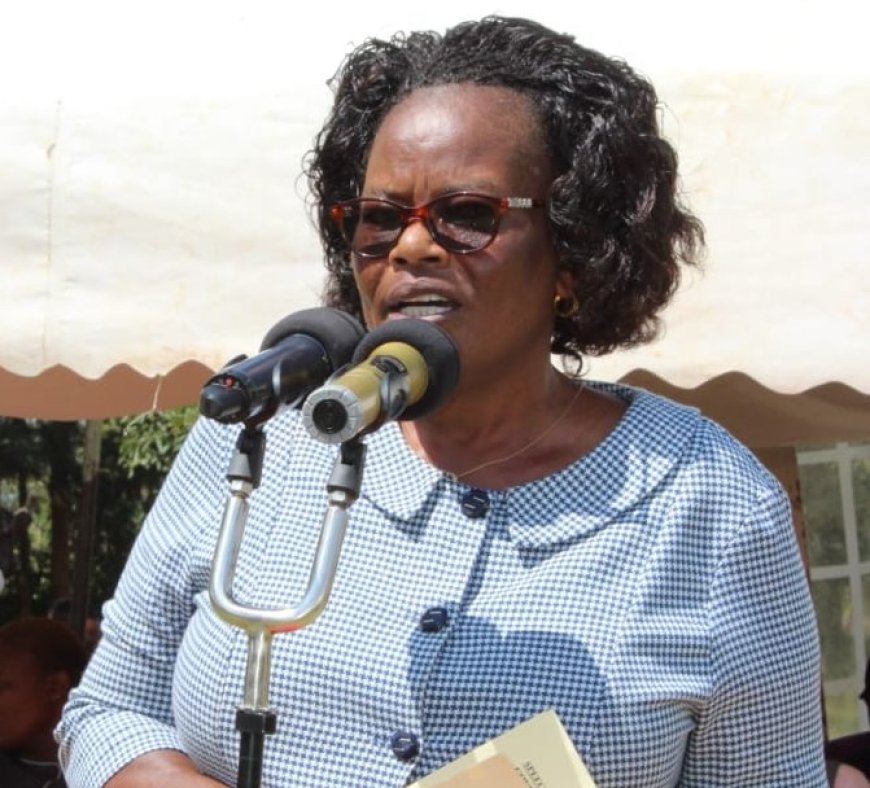Deputy Governor pledges support for maternal healthcare

By Peter Ochieng
Bungoma County Deputy Governor (DG) Janepher Mbatiany has reiterated the county's commitment to enhancing maternal and neonatal healthcare.
Maternal refers to the health of women during pregnancy, childbirth and the postnatal period, while neonatal describes the first month of a person's life.
Speaking at the Bungoma County Referral Hospital on Monday during World Prematurity Day commemoration, the DG outlined efforts to strengthen neonatal care through investments in neonatal intensive care units, staff training and community outreaches.
“Prematurity is a social and economic challenge affecting families and communities. The Bungoma maternal and child health initiative is focused on equipping facilities and empowering caregivers to ensure every preterm baby thrives,” she said.
Carolyne Makali, the County Executive Committee Member (CECM) in charge of health emphasised measures to reduce preterm births, urging parents to prevent teen pregnancies during the December school holidays.
She highlighted recent equipment donations for the 300-bed Mother and Child Hospital, while calling for more partnerships. Reports indicate that in 2017, Bungoma reported 891 perinatal deaths, representing about 3.1% of Kenya's total perinatal deaths.
Of these, 58.8% were reviewed, showing a stronger response compared to other counties in the country.
World Prematurity Day is observed worldwide on 17th of November every year, to raise awareness of preterm births that include prematurity-related fatalities, challenges, and affordable ways to prevent them.
According to pacehospitals.com, prematurity is the broad category of newborns born before 37 weeks of gestation. The three leading causes of death for premature newborns born with birth weights less than 1000 g are respiratory failure, infection, and congenital deformity.
Majority of preterm births occur naturally. However, some are caused by medical reasons like infections or other pregnancy issues that necessitate early induction of labour or caesarean birth.
Only one out of every ten extremely premature newborns (28 weeks) survive in low-income nations, compared to more than nine out of ten in high-income countries.
World Prematurity Day for 2024 is “Over 130 babies born too soon every year. Access to quality care everywhere!”
What's Your Reaction?



































































































































































































































































































